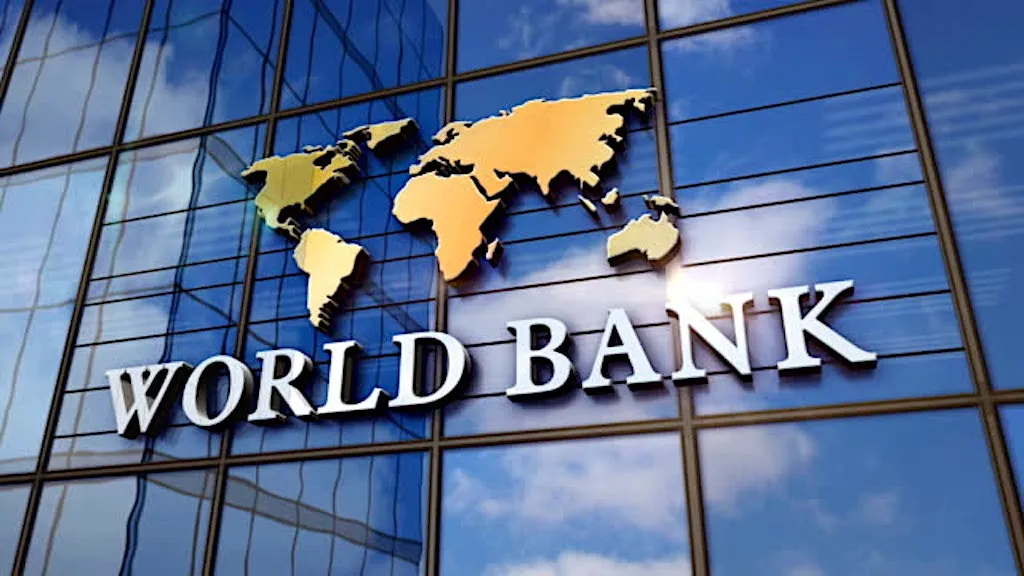By Muhammad Amaan
A new World Bank report has revealed a steady rise in the adoption of Nature-Based Solutions (NBS) projects in Sub-Saharan Africa (SSA) to promote green and resilient development.
This was stated in a press release obtained from the World Bank on Thursday.
The report, also produced by the World Resources Institute (WRI) and titled Growing Resilience: Unlocking the Potential of Nature-Based Solutions for Climate Resilience in SSA, analyses nearly 300 projects over the past decade.
According to the statement, the report, which includes key contributions from the African Development Bank (AfDB), identifies effective strategies, key challenges, and ways to scale up NBS to advance green, resilient development.
The report found that the number of new NBS projects initiated grew by an average of 15 per cent annually between 2012 and 2021.
These projects include protecting and restoring forests, wetlands, floodplains, and coral reefs, often in combination with traditional “grey” infrastructure.
It stated that these projects are strengthening climate resilience while delivering additional benefits such as job creation, biodiversity conservation, and social equity.
While interest in NBS is increasing, the report emphasised the need for greater investment.
“Between 2012 and 2021, funding for NBS projects in SSA increased by 23 per cent annually and raised more than $12 billion.
“While this is a positive step, the figure pales in comparison to Africa’s $100 billion annual infrastructure financing gap.”
The statement quoted Qimiao Fan, the World Bank’s Country Director for Kenya, Rwanda, Somalia, and Uganda, as saying, “Nature loss and climate risks are inherently linked, especially here in Africa.
“We need to ensure that projects and policies comprehensively address the challenges and offer inclusive and effective solutions for the most vulnerable groups.”
The report outlined several recommendations to expand the adoption of NBS in the region, including integrating nature into policies and plans, enhancing technical capacity to develop project pipelines, and diversifying funding sources.
Albeit the growth in NBS projects, the report noted a gap, with relatively few initiatives implemented in cities, in spite their potential to address urban challenges.
It stated that 70 per cent of African cities face severe climate risks, including flooding, extreme heat, and mudslides, while many already struggle with inadequate infrastructure.
The report highlighted the need for additional investment in traditional solutions such as dams and engineered drainage.
“However, integrating natural infrastructure, such as restoring and protecting forests in watersheds, can bolster resilience and reduce long-term costs.”
Recognising this, the WRI is launching the Green-Grey Infrastructure Accelerator, an initiative to support 11 cities across SSA in integrating NBS with traditional “grey” infrastructure.
“The initiative will provide technical, policy, and financial support, helping them lay the groundwork for their initial cohort of projects while connecting others to financiers to scale existing efforts.”
The statement also quoted President and CEO of the World Resources Institute, Ani Dasgupta, as saying, “We often think of infrastructure in terms of roads, bridges, and buildings, just concrete and steel structures.
“But nature-forests, trees, wetlands, coral reefs are just as vital. It supplies clean water, protects communities from disasters, and strengthens resilience.”
Dasgupta added that across Africa, cities and communities are demonstrating that green and grey infrastructure can work together to maximise benefits for people, nature, and climate, and that the world should take note.




